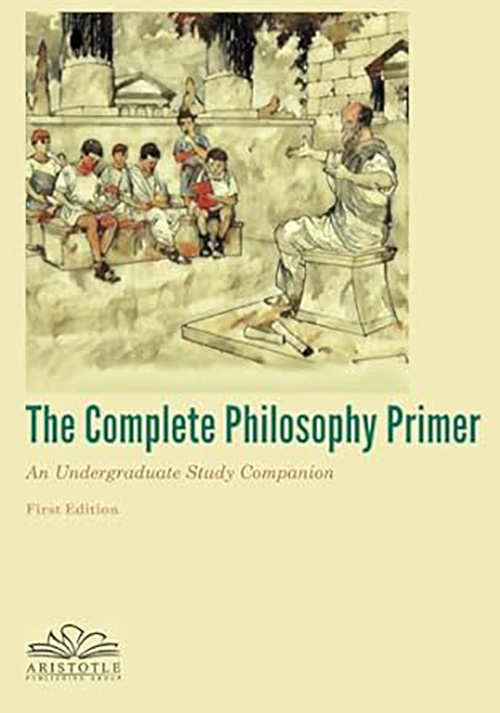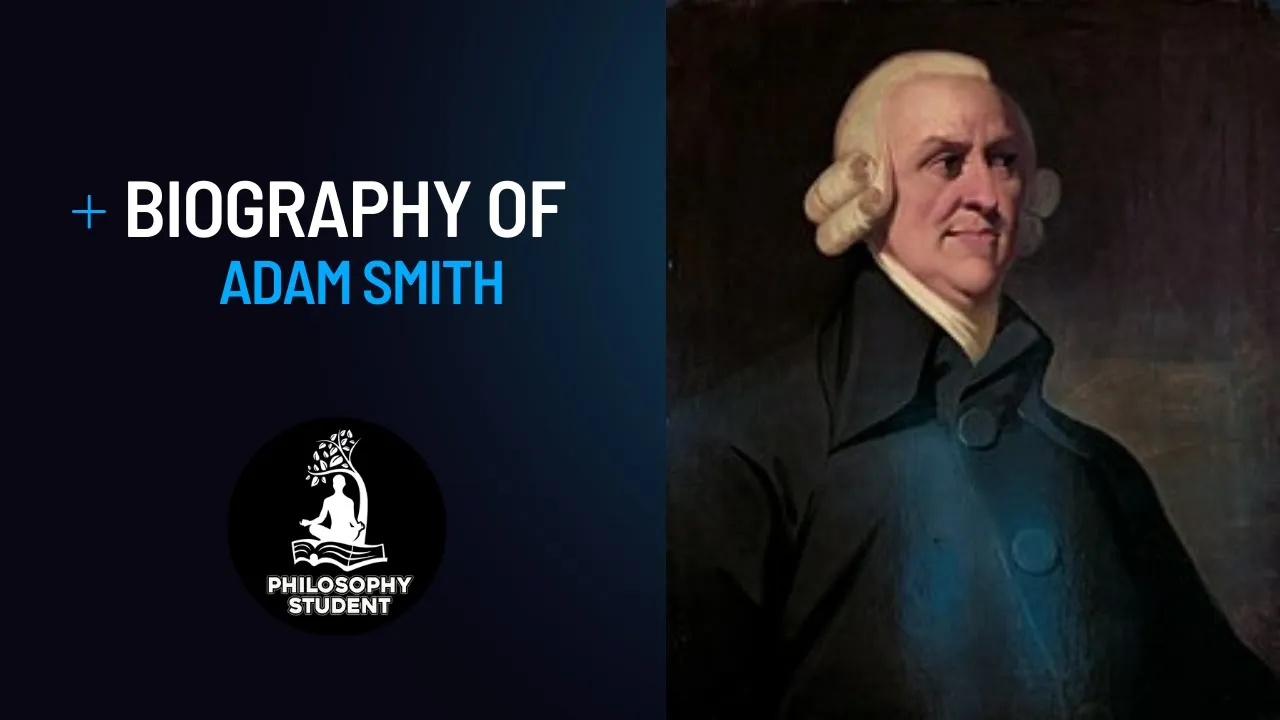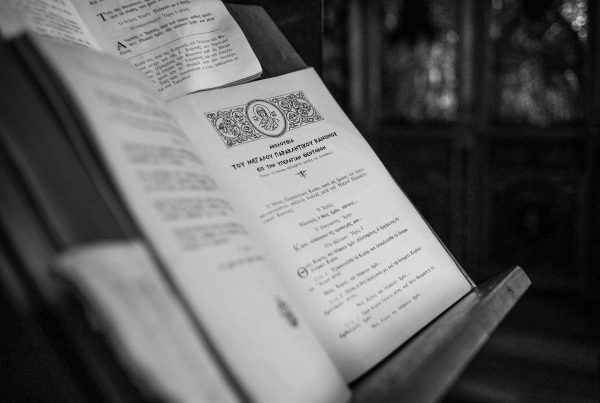The 1759 volume is a critical analysis of moral thought as it existed in the mid-eighteenth century. Smith argues that conscience is the product of social relationships through which human beings seek empathy, or what Adams describes as “mutual sympathy of sentiments.” It is this quest that explains how humans, who come into the world without natural moral sentiments, acquire them. The experience of life includes the observance of the behavior and actions of others and the judgments people form of one another. What we perceive from the judgment of others incentivizes each of us to find the “mutual sympathy of sentiments.”
What is compelling about The Theory of Moral Sentiments is the explanation of human emotions and drives that tend to hold self-interest in check. Indeed, an alternative definition of the “moral sentiments” might be as the faculty of human behavior that restrains self interest. The Wealth of Nations, in contrast, returns to self-interest, revealing it as the moral engine behind free-market capitalism, the “invisible hand” that determines the wealth of nations
Adam Smith was born in Kirkcaldy, Fife, Scotland, the son of the local comptroller of the customs, who died some six months before his son’s birth. Although the exact date of his birth is not known, Smith was baptized on June 5, 1723. Little is known about his childhood, but at fifteen he enrolled at Glasgow University, where he studied moral philosophy under Francis Hutcheson. He entered Balliol College, Oxford, in 1740 but left in 1746, before his scholarship ended.
He found a patron in Henry Home, Lord Kames, and, in 1748, began delivering public lectures in Edinburgh, including among his subjects the economic philosophy of “natural liberty.” In 1752, Smith was appointed professor of logic at Glasgow University and soon was awarded the chair of moral philosophy. He lectured on rhetoric, ethics, jurisprudence, and political economy. His 1759 Theory of Moral Sentiments generally established his reputation as a philosopher.
In 1763, Smith resigned his professorship to take up a more remunerative post as tutor to the Duke of Buccleuch, with whom he traveled during 1764-1766, mostly in France. On his return to Scotland, he devoted himself chiefly to writing The Wealth of Nations, which was published in 1776. Two years later, he received a sinecure as commissioner of customs in Scotland and lived with his mother in Edinburgh. He died in that city on July 17, 1790 from what is described only as a “painful illness.”
































